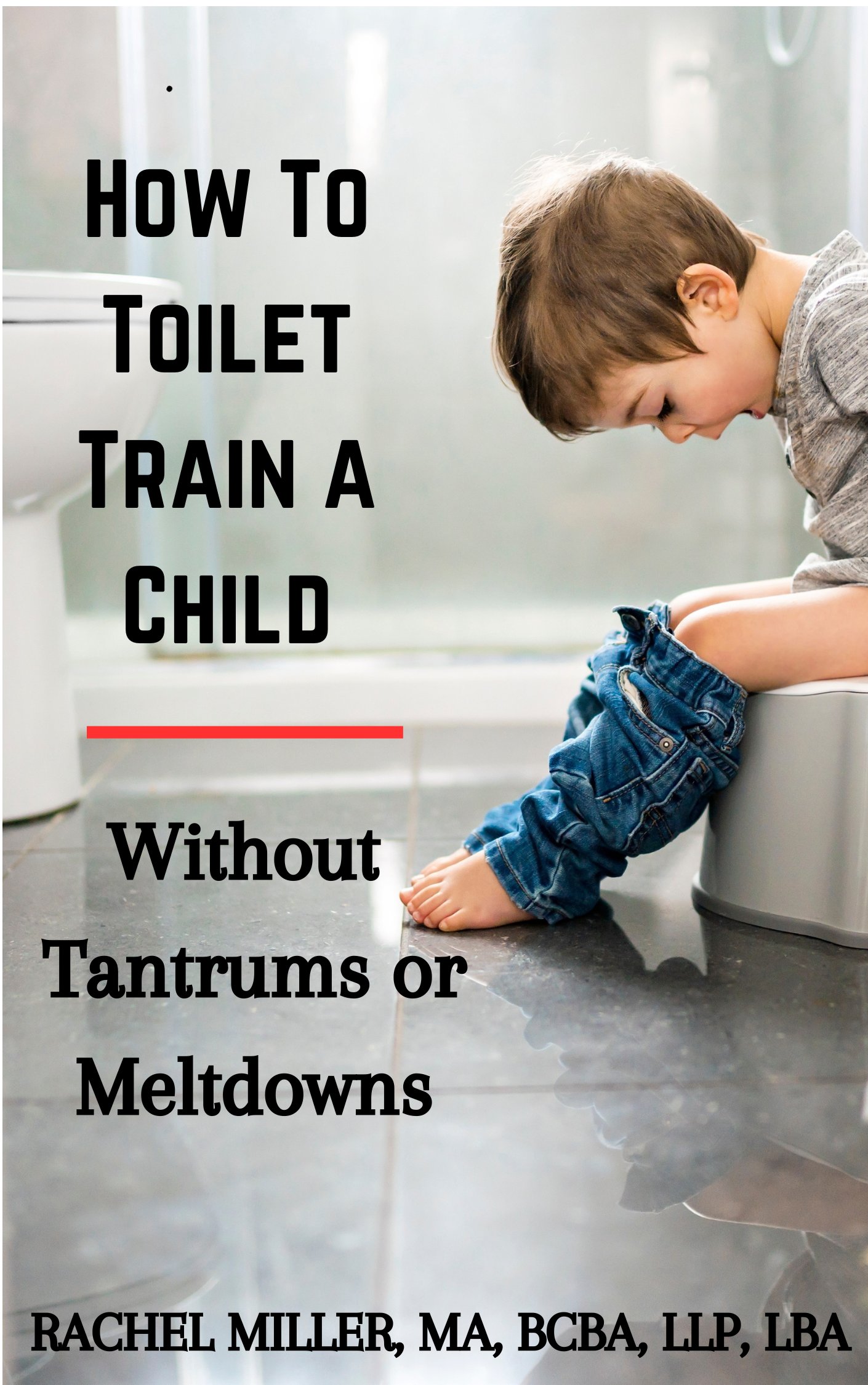Auditory Dysfunction

Learning how to identify auditory dysfunction, a common symptom of Sensory Processing Disorder (SPD), is not always easy, especially since it could be confused with ADHD. This can cause an inability to process auditory stimuli, creating child behavior problems and poor listening skills. This, along with vestibular dysfunction, can affect toddler speech development and potentially lead to a language processing disorder. When you have a hard time focusing on auditory input, it can make learning words and other complex aspects of language very difficult.
They may have over-responsivity, under-responsivity, or symptoms of sensory seeking behavior. It may coexist with signs of ADHD or cause them to appear to have oppositional behavior because he/she doesn’t understand what you are asking him/her to do. Children with characteristics for autism may also show signs of hypersensitivity to sounds and have some auditory dysfunction as well. The child may also be later diagnosed with auditory processing disorder (APD). However, this is not typically diagnosed until 8 or 9 years of age and usually has additional symptoms of sensory modulation disorder.
Symptoms of Auditory Dysfunction
A. Hypersensitivity to sounds
• Easily distracted by sounds not typically noticed by others such as, refrigerators, fans, heaters, humming of lights, or ticking clocks
• Behavior that is fearful of loud noises such as, blender, vacuum, lawn mower, hair dryer, or ambulance siren
• Likes quiet areas
• Gets upset when there is a loud unexpected noise
• May avoid loud public places
• Determine whether they like someone by the sound of that person’s voice
B. Hyposensitivity to sounds
• Does not respond when others are speaking
• Struggles to understand and remember what a person says
• Oblivious to certain sounds
• May be confused about where a certain sound comes from
• Self talking behavior while doing a task
• Little or no vocalizing or babbling as an infant
• Requires directions to be repeated frequently and will say “What?” often
C. Sensory Seeking auditory stimuli
• Likes to be noisy
• Listens to loud music or television
• May talk loudly and love to sing loudly
D. Difficulty developing speech and language
• Problems discriminating between similar sounding words
• Misinterpret questions or statements
• Difficulty following more than 1-2 step directions
• Requests repetition
• Been a late talker
• Talk “off topic”
• Difficulty responding to questions or comments on demand
• Have weak vocabulary
• Use poor grammar and syntax
• Sing out of tune
• Limited imagination play
• Poor spelling and reading skills
• May speak very loudly or soft
• Unable to speak clearly enough to be understood
I know that I would be very discouraged if any of my children had a hard time understanding language and had to wait until he was almost half way through elementary school to get assistance in helping him process auditory information properly. So, if any of your kids have some of these symptoms listed, but is not necessarily diagnosed with SPD or APD, he/she may still benefit from occupational therapy, therapeutic listening or integration therapy for auditory dysfunction.
Some additional pages you may find helpful:
• Sensory Processing Disorder
• Sensory Processing Disorder Treatment Options
• Sensory Modulation Disorder (subtype of SPD)
• Sensory Seeking
• Proprioceptive Dysfunction
• Tactile Defensiveness with hypersensitivity to tactile stimuli
• Oral Defensiveness
• Additional Symptoms of Sensory Disorders
If you haven't already, be sure to check out my ebooks, now on Amazon!
References
1. Kranowitz, C. S. (2005). The Out-of-Sync Child: Recognizing and Coping with Sensory Processing Disorders. New York, NY: Penguin Group.

